Beyond the loss of life, no one can argue that this pandemic isn’t killing off more than a few economies and ruining businesses, save for those who work in hand sanitizer, rubber gloves and paper towel sales. Those at Etsy making and selling cute masks – we salute you and envy your business savvy.
We, the inhabitants of Philadelphia, know that all businesses are getting crushed and crunched monetarily by COVID-19 and that the City would make drastic trims and cuts. But one thing quickly buried during a most recent morning ZOOM press conference/upcoming budget discussion with Mayor Jim Kenney was his proposed elimination of Philadelphia’s Office of Arts, Culture and the Creative Economy — a $4 million slash in the budget that would end grants to countless cultural groups and individual artists in the city. With the office gone, so goes the Philadelphia Cultural Fund, which this fiscal year gave $3 million plus to community organizations across the city (for context, this Cultural Fund is the only support offered by Philly city government coffers to a growing population of artists, performers, and arts organizations. In the last year, the Fund disbursed 349 grants, the most within its 25-year history).
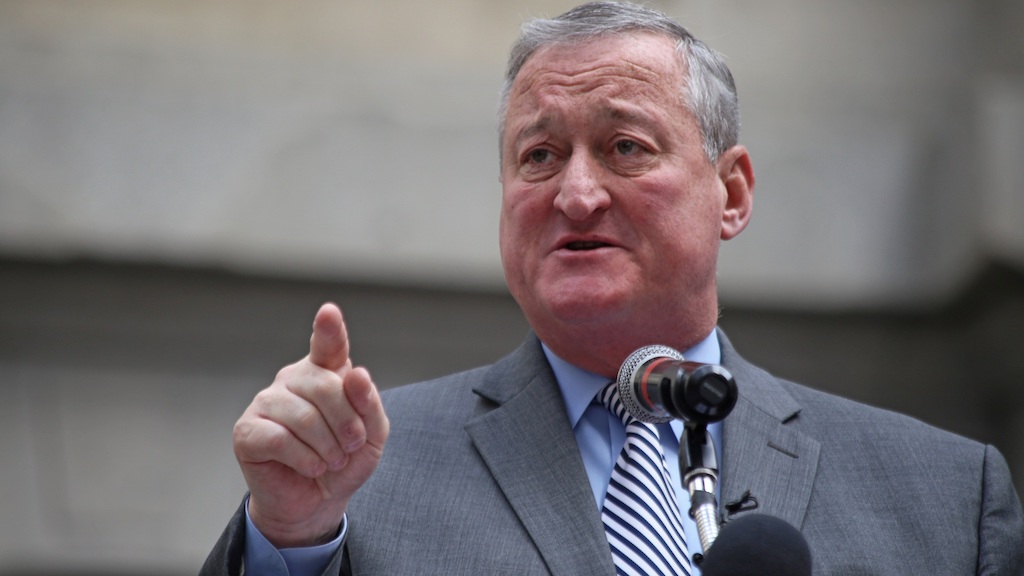
And by the way – The mayor trimmed its money to Mural Arts ($2.45 million to a little over $2 million), the Philadelphia Museum of Art (support cut from $2.55 million to $2 million plus) and the Art in City Hall program is gone which whittles down exhibition spaces in the city. So, there’s that, too.
As the city’s A&E – theater, music, fine arts, low arts, spoken word, film, gallery and museum spaces – is Philly’s lifeblood and a prime economic driver, a cut such as this more like a stake in the heart than a flesh wound. If and when the pandemic slows, and things get to a new normal – whatever the fuck that will be – Philadelphia will have hacked off its nose to spite its face as so many artists and organizations that brought valued culture and cash, lots of cash, to the city’s fat pockets will be gone, disappeared. Everyone is hurting, but to just throw away years, lives, worth of work, sweat, blood, passion – you name it – is plain stupid. And short-sighted. And very wrong.
Maud Lyon, president of the Greater Philadelphia Cultural Alliance, immediately sent out a note about the cut to the city’s arts leaders that read, “We know that many of the recommended cuts and funding reductions will tear into the essential fabric that makes our sector so vibrant and diverse… Most notably, the elimination of the Office of Arts, Culture and the Creative Economy and the defunding of the Philadelphia Cultural Fund has the potential to destabilize our community in a way we have never experienced.”
I just happened to get a few more voices of dissent to chime in.
Leigh Goldenberg: Managing Director, The Wilma Theater
For many small, community-based organizations (often led by POC, Queer, Women, Immigrants) the Philadelphia Cultural Fund is the first or only government or institutional support.
I participated this past year as a peer panelist, and have seen the beautifully equitable, inclusive and generous way the grant process runs – something that should be a model for philanthropy.
The Mayor stated that our sector has demonstrated outside funding opportunities, but we know in a recession that our individual and philanthropic support will be diminished with the declining stock market. And that in a time when social distancing and residual fear of public gatherings will erode our ability to gather in groups, our earned revenue sources may well disappear.
Admittedly, The Wilma Theater and many other organizations of our size will not be in jeopardy of closing our doors solely because of the elimination of PCF funding. But it’s an issue about our entire ecosystem – the statement this makes in the U.S. to lack strong government support of the arts, pushing us to the fringes of society. The thousands of artists and audiences who will stop being supported at a time when we most need meaning and connection. The ancillary dollars through restaurants, bars, parking, hotels that will cease to funnel into all corners of the city without the arts. When other cities (see: San Francisco!) are investing more in the arts because they recognize the economic and intrinsic benefits, isn’t it short-sighted that our Mayor imagines a world without the arts? The arts are what bring meaning and joy to this period of distance and trauma for our citizens. We simply can’t have a future of Philadelphia without the arts. This is not only in the dollars of funds given each year but in the statement made by the city if its priorities with what is included in the budget.

Jeanne Ruddy, Executive Director, Resident Artist, Founder of the Performance Garage
Monday’s news of the closure of the Arts and Culture Office, as well as the end of the Philadelphia Cultural Fund (PCF), felt like a body blow. At the Performance Garage, we have 231 dance artists who utilize our space for classes, rehearsals, and performances each year. Many of these small dance companies or individual performing artists receive PCF small grants that help them continue to operate amidst an already meager landscape of arts funding. How can eliminating the supportive offices and a $3 million dollar program for the arts be a good idea especially when, according to the 2017 Greater Philadelphia Cultural Alliance report, the arts generate $4.1 billion in economic impact, creates 55,225 full-time jobs, and returns $98.7 million dollars to our local municipalities? Even if there wasn’t such a robust economic return from the arts, how can Philadelphia remain the important cultural mecca it has become if each of these small groups and individual artists gives up without even a crumb of city support? The ripple effect is significant and just like the importance of any supply chain, suffocating the smaller organizations leaves no one to develop the artists who currently populate the stages of the larger houses and national companies.
The Performance Garage’s budget will suffer from the closing of the PCF as the funding it supplied allowed us to run an important youth engagement program in partnership with the Franklin Learning Center (FLC) that made possible for us to send top professional teaching artists to FLC to educate college-bound high schoolers who wanted to navigate college dance department auditions to pursue their dreams. Now, that program has no funding to continue. The outlook is grim and I wholly support that these offices be re-stored at the first possible moment for the overall reputation of Philadelphia, its creative artists and its economy.
Katherine Clark, Marketing Manager, Theatre Philadelphia
During this time of lockdown due to COVID-19, while theatres themselves are dark, we have seen leaders of organizations, artists, and audiences alike come together to support one another. Within a matter of weeks, theatres have responded with virtual, interactive programming. Theatres have continued to work with students of all ages in educational and after-school programs and have continued to offer audiences alternative forms of media with local, live, and personal stories. At the same time, theatres have continued to be a source of creativity, comfort, empathy, and enrichment, bringing our city’s community together during a time of hardship and isolation. These cuts are proposed at a time when the arts have never been more essential.
In addition to supporting the community in general, through these organizations, Theatre Philadelphia has benefited in measurable and immeasurable ways. Because of this support, we have been able to expand our digital and physical presence, helping bring live theatre events to millions of audience members each year. We have expanded participation in our Barrymore Awards program, with a year-round adjudication process that has offered over $90,000 annually in support to artists, educators, and organizations of all sizes in our culminating annual Celebration.
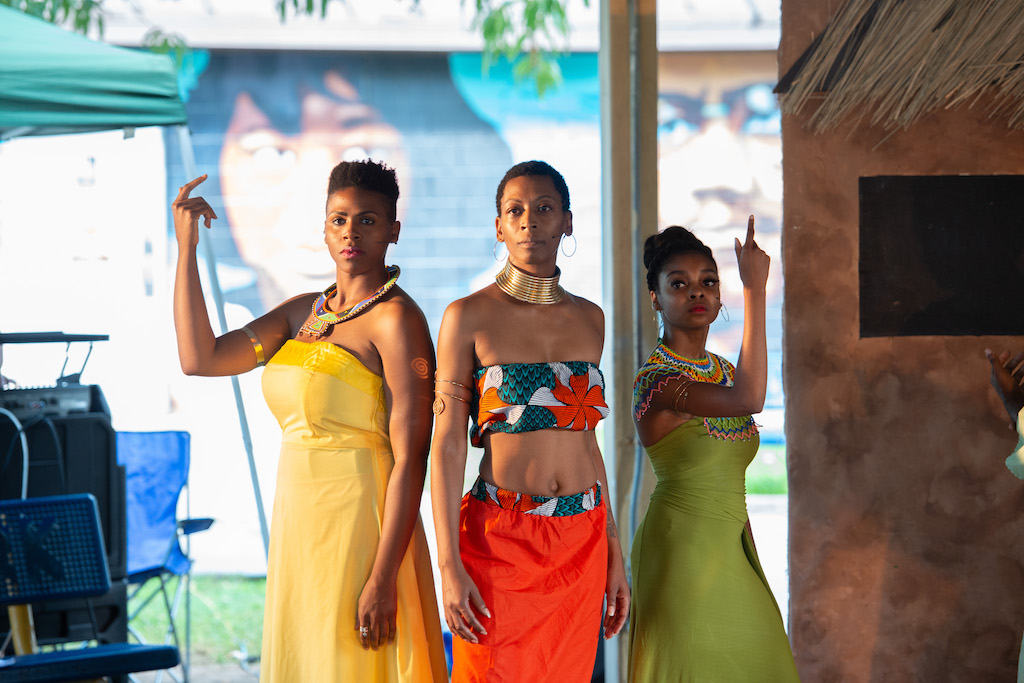
LaNeshe Miller White, Theatre in the X
As an outdoor presenting organization the Performances in Public Spaces program has always been a staple part of Theatre in the X’s budget for our annual August presentation in Malcolm X Park. Without the OACCE we don’t know if this program will even exist any longer, which impacts our budget and the marketing of our program. As a panelist and a grantee, I find the Philadelphia Cultural Fund granting process to be the most equitable and transparent in the city. They support small organizations like Theatre in the X in an impactful way and are very intentional about having a diverse panel for grant application reviews. We were on year two of a three-year operations grant (the only operations grant we have currently) and now I don’t know if we’ll see next year’s funds. We were also approved for our first Young Audiences Grant, which would have been the basis for us creating our first official school program curriculum. It makes me so sad, mad, and scared for the arts consumers and the arts workers of the city to see a budget proposal that would essentially wipe out programs that support the arts and artists.
Paige Price, Producing Artistic Director, Philadelphia Theatre Company
It has become increasingly difficult to understand where support will come from, as we look to the long term. In this time of separation and loss, it’s a struggle to mentally stay on top and stay focused, let alone inspire. We’re not immune to the knowledge that people are literally putting their lives on the line right now. But someone has to look out for our souls. Honestly, the slow diminution of government funds for the arts is salt in the wound when you look at the more galling lack of arts funding in schools. And coupled with the recent news for PTC that our state grant money may also be clawed back, we are looking at how to move forward. How can we support artists if we are in peril?
Our staff is mostly furloughed, our shows are on ice, our audiences are stranded. Without support, consider the possibility that another floor drops out from under us and the city’s dynamism and cultural value are depleted. I’m thinking a lot about the ripple effect.
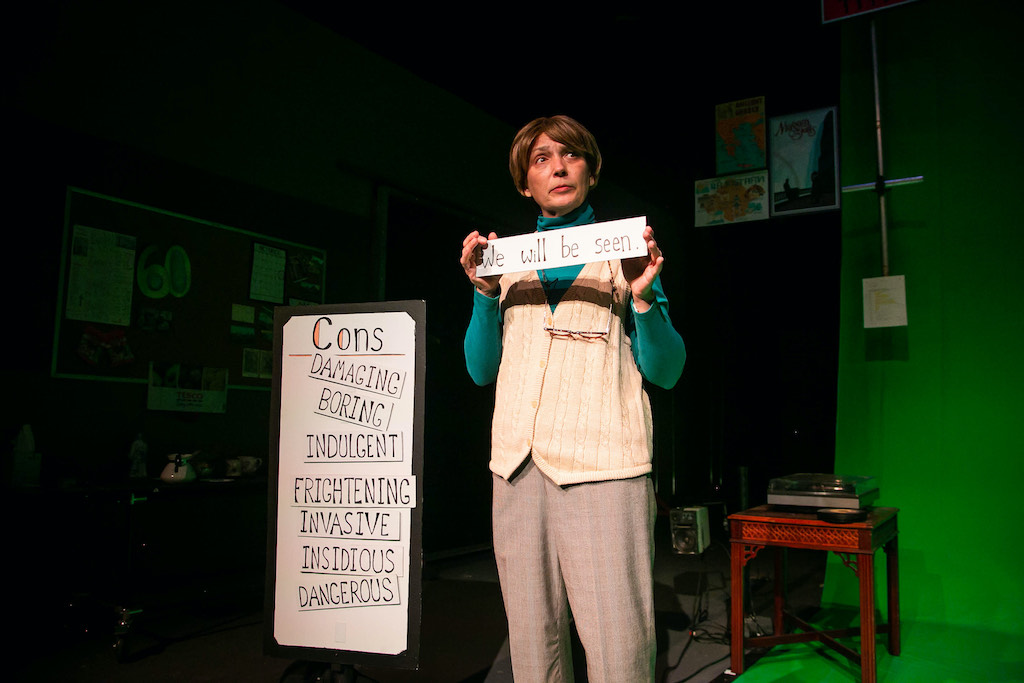
Gay Carducci, Curio Theatre
This will be a significant loss for Curio and our very tight-knit community. Our most important mission is to service our West Philly neighbors by providing arts education, representative art, and accessible live performance. Without these vital grant dollars, it will make it very hard to continue initiatives like full scholarships to our theatre camp students, $1 tickets to preview shows, pay-what-you-wish ticket prices for our spring shows, and free youth programs like the CuriosiTeens. These are all bedrock programs to who we are as a company made of family, longtime friends, and community members. Perhaps even more heartbreaking is that these grants support so many West Philly community art programs and organizations. Our community, who we love so, will suffer for this. We are empowering our patrons and supporters to email City council members to oppose this proposed budget.
Jennifer Zwilling, Curator, The Clay Studio
As the Curator at The Clay Studio, I am disheartened at the idea that our vibrant arts and culture community would be without direct representation within the city government. Art and culture activities in our city generate an important sector of our economy, support significant numbers of jobs, and serve as a major attraction for visitors. The creative spirit evident in our built environment is a major part of what makes Philadelphia such a special place. If we lose our advocacy, we will lose a part of the soul of the city. My colleague, The Clay Studio graphic designer Raymond Rorke, commented that it’s not only the little organizations that depend largely on these two city funding sources that will be hit hardest and perhaps disappear, it’s also the mid-sized organizations, like The Clay Studio, for whom the funding is a vital piece of their budget. This funding makes it possible for us to punch above our weight and do really Big Stuff, like provide free programming at public festivals, and free Claymobile classes to kids at schools and rec centers across the city.
Images: Johanna Austin, Bob Emmott, Emily Rolen.
About Post Author
Discover more from dosage MAGAZINE
Subscribe to get the latest posts sent to your email.
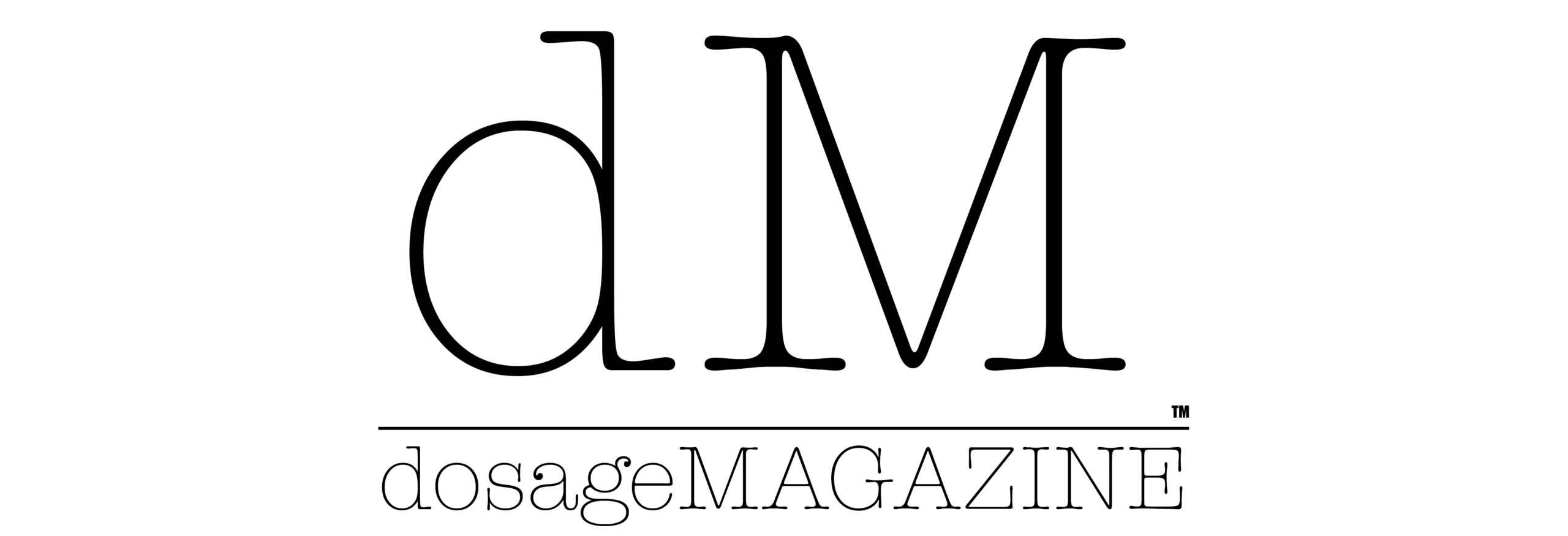
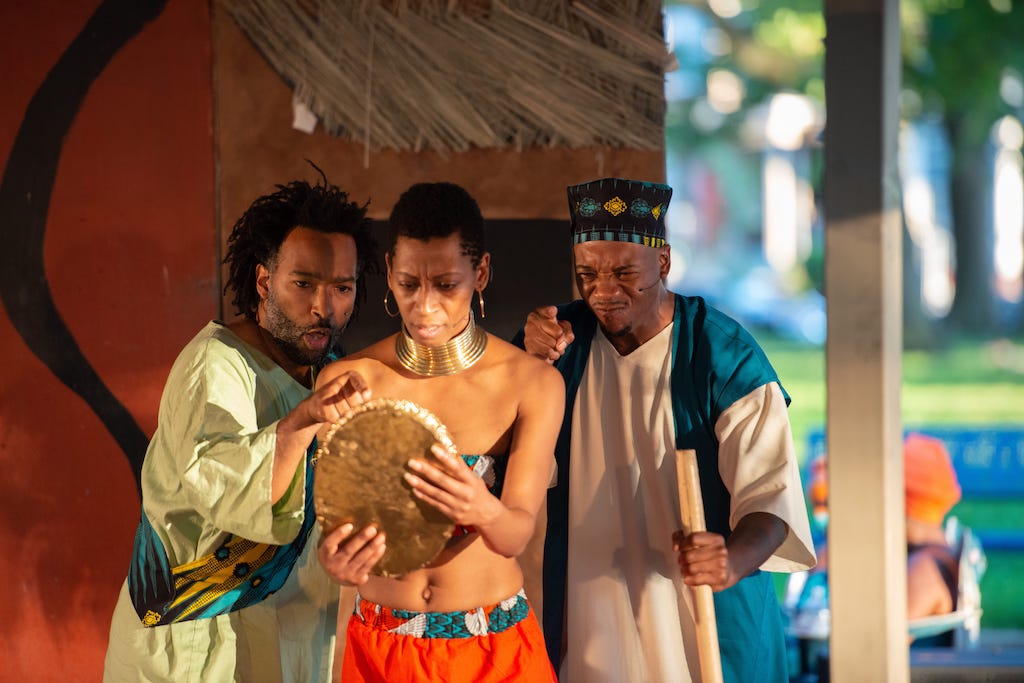

Thank you!
Great article, A.D.!
thnx for reading.. there’s more to unfold shortly